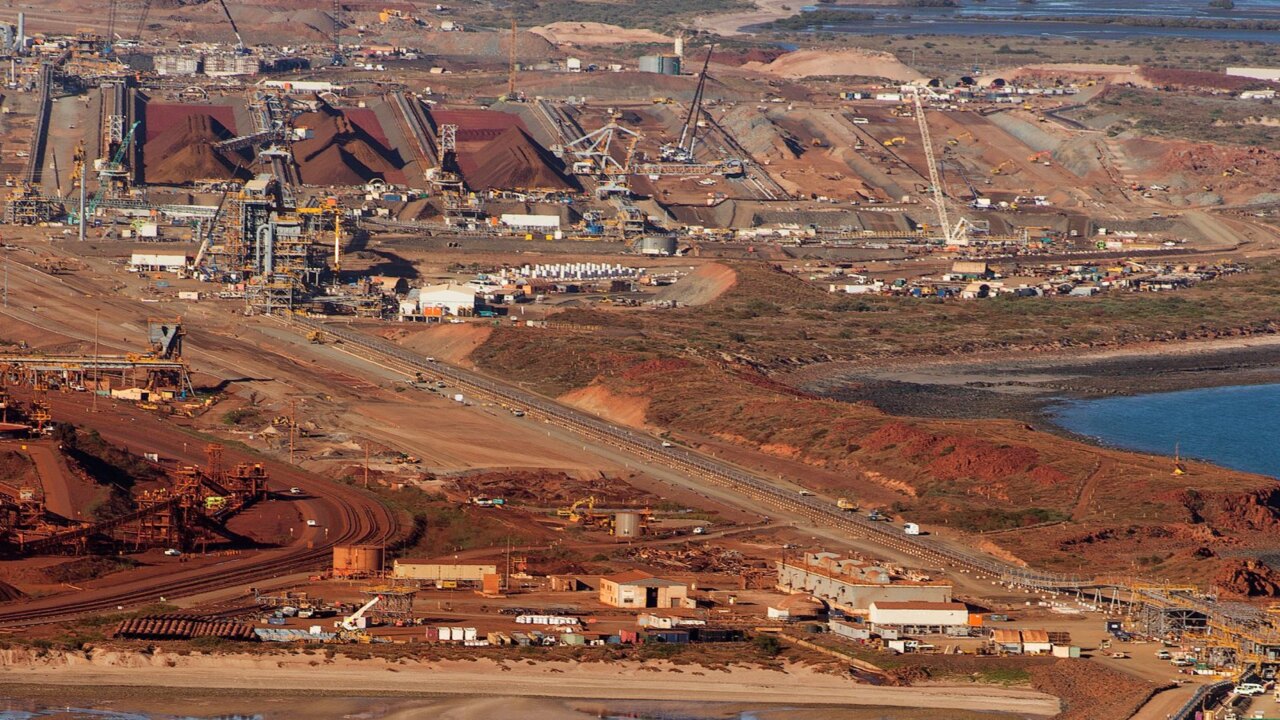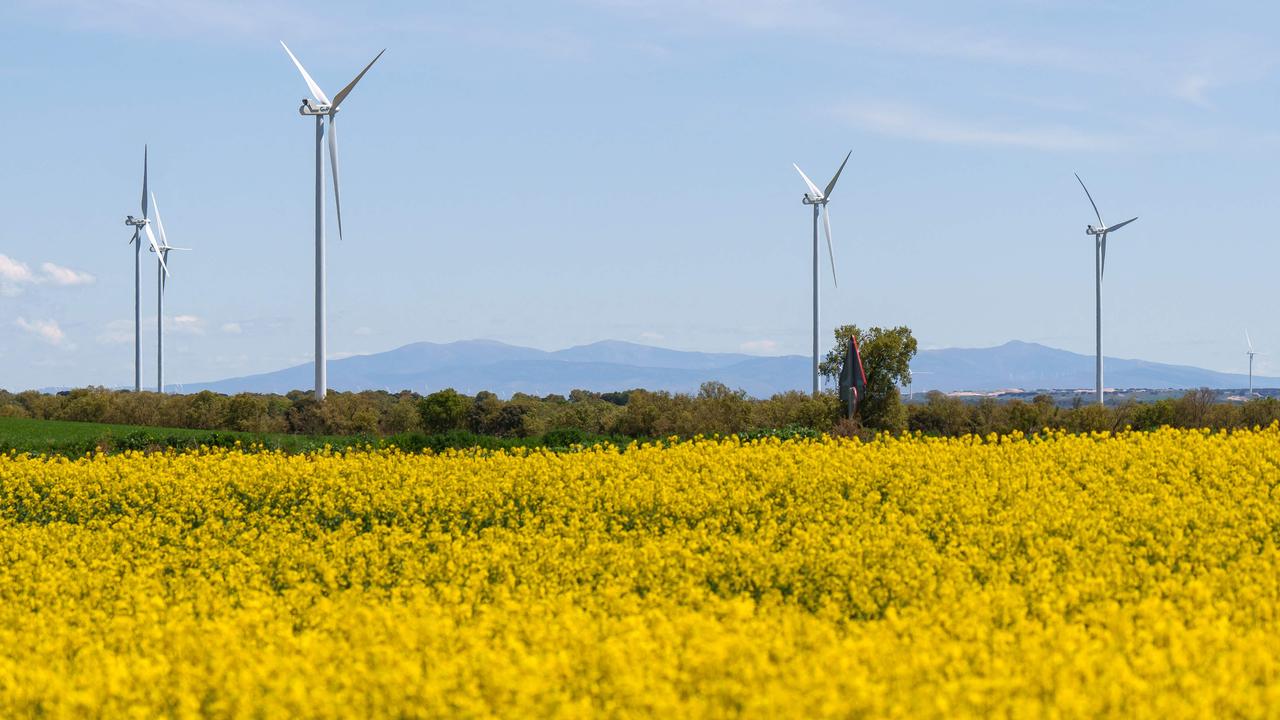Rio Tinto CEO Jakob Stausholm says majority of carbon credits fail to pass muster
Most of the carbon credits that Rio Tinto examines in the US are unsatisfactory, underlining the task facing big miners as they try to meet emission reduction targets.

Most of the carbon credits that Rio Tinto examines in the US are unsatisfactory, underlining the task facing big miners as they try to meet emission reduction targets.
The carbon credits sector has seen a flight to quality globally and heavy Australian emitters are shunning tarnished contracts.
The trend underscores how major emitters, which have vowed to meet significant emission reduction targets that are probably only achievable through credits, are conscious of reputation risk in purchasing contracts that do little to abate emissions.
Carbon offsets are critical if major emitters are to meet their emission reduction targets, but Rio Tinto CEO Jakob Stausholm said stiff competition in the US meant as much as 80 per cent of contracts the company examined were unsuitable.
“We will only be able to make our minus 15 per cent by 2025 if we buy some credits. We have been very clear about that, and that’s still the case,” Mr Stausholm said.
“I must say I am quite critical of it. When the team is trying to look for high quality credits, typically 90 per cent of the credits we’re looking at, when we do due diligence, we dismiss.
“This market is difficult because you’ve got these big tech companies who have an enormous need for credits. They don’t really have many alternatives in some places, And as consumer products they cannot live with buying credits that are not credible. So it’s a difficult market.”
The comments underscore the challenge facing Rio in the US, but the landscape is slightly better in Australia, amid a plentiful supply of credits and less competition – though the mining giant and others face more onerous requirements here.
The federal government last year passed its signature emission reduction policy, known as the Safeguard Mechanism.
The strengthened mechanism – a scheme first introduced under the Coalition – requires Australia’s 215 largest polluters to cut their annual emissions by about 5 per cent every year, which they are initially achieving through the use of carbon credits.

Hugh Grossman, managing director of carbon advisory RepuTex, said companies were shunning so-called “avoided deforestation” credits earned by projects for protecting forest that could otherwise be cleared.
Confidence in the contracts was shaken in 2022 when Andrew Macintosh, a legal academic at the ANU and the former chairman of a key carbon market oversight integrity body appointed by the Abbott government, claimed large swathes of the $5.4bn carbon offsets were effectively fraudulent and participants were being rewarded with billions of dollars in payments for activities that failed to absorb additional carbon or “avoided” emissions that would never have occurred anyway.
Former chief scientist Ian Chubb in 2023 recommended a series of changes designed to improve the integrity of the contracts, but Mr Grossman said many were now under a cloud and big emitters were shunning them. “We have seen the market move away from some methods, particularly avoided deforestation. We have seen this in other markets where those project types have suffered a bit of controversy and we are seeing buyers being more selective and conscious of reputation risk and greenwashing risk,” Mr Grossman said.
“Even though we are in a compliance market, we are seeing buyers come to market with a voluntary mindset.”
Mr Grossman said emitters in Australia currently had the luxury of selecting quality contracts amid an ample supply of credits, but with demand set to grow and supply coming off in the years to come companies needing abatement such as Rio Tinto were trying to secure a pipeline of high-quality contracts.






To join the conversation, please log in. Don't have an account? Register
Join the conversation, you are commenting as Logout